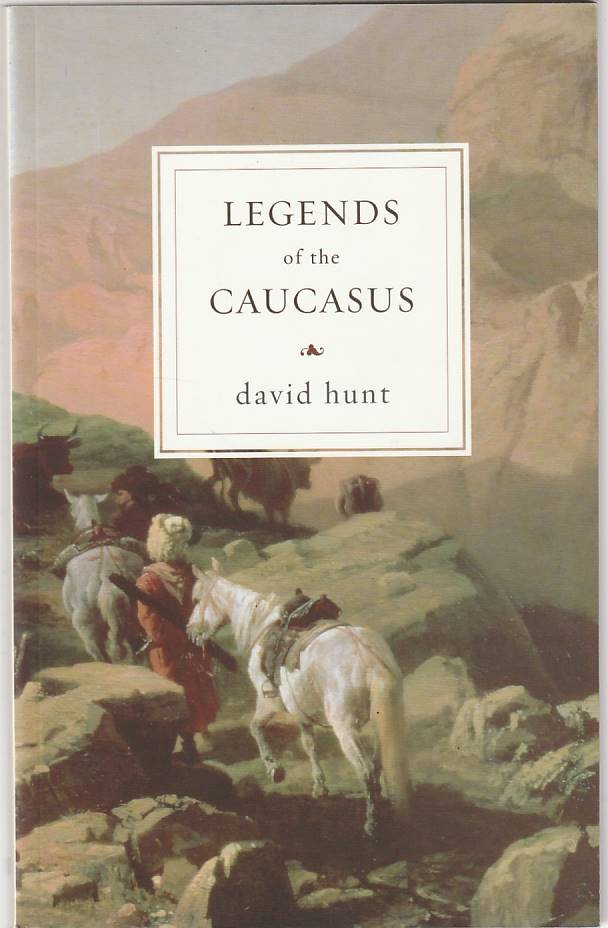
The Caucasus has an extremely rich folk literature, almost unknown among English speakers, which includes myths, legends, magical tales and proverbs. The one hundred legends included in this volume reflect the cultures of fourteen ethnic groups – their dynamism and the matters that concerned them: survival against external dangers, the risk of starvation and the persistence of the family or clan as a coordinated group. Descended from an oral tradition, much of their knowledge was retained in memories and passed down the generations. Yet, with the introduction of the alphabet, the way of life they portray is rapidly becoming extinct. An incomparable collection, Legends of the Caucasus conveys the poetry and romance of these swiftly vanishing tribes.
David Hunt was an expert of Caucasus folk literature. He was a member of the Folklore Society for forty years and published many papers on the folklore of the Caucasus. He won the McDowell Prize of the Folklore Society in 2008.
 €15
€15
The Caucasus has an extremely rich folk literature, almost unknown among English speakers, which includes myths, legends, magical tales and proverbs. The one hundred legends included in this volume reflect the cultures of fourteen ethnic groups – their dynamism and the matters that concerned them: survival against external dangers, the risk of starvation and the persistence of the family or clan as a coordinated group. Descended from an oral tradition, much of their knowledge was retained in memories and passed down the generations. Yet, with the introduction of the alphabet, the way of life they portray is rapidly becoming extinct. An incomparable collection, Legends of the Caucasus conveys the poetry and romance of these swiftly vanishing tribes.
David Hunt was an expert of Caucasus folk literature. He was a member of the Folklore Society for forty years and published many papers on the folklore of the Caucasus. He won the McDowell Prize of the Folklore Society in 2008.